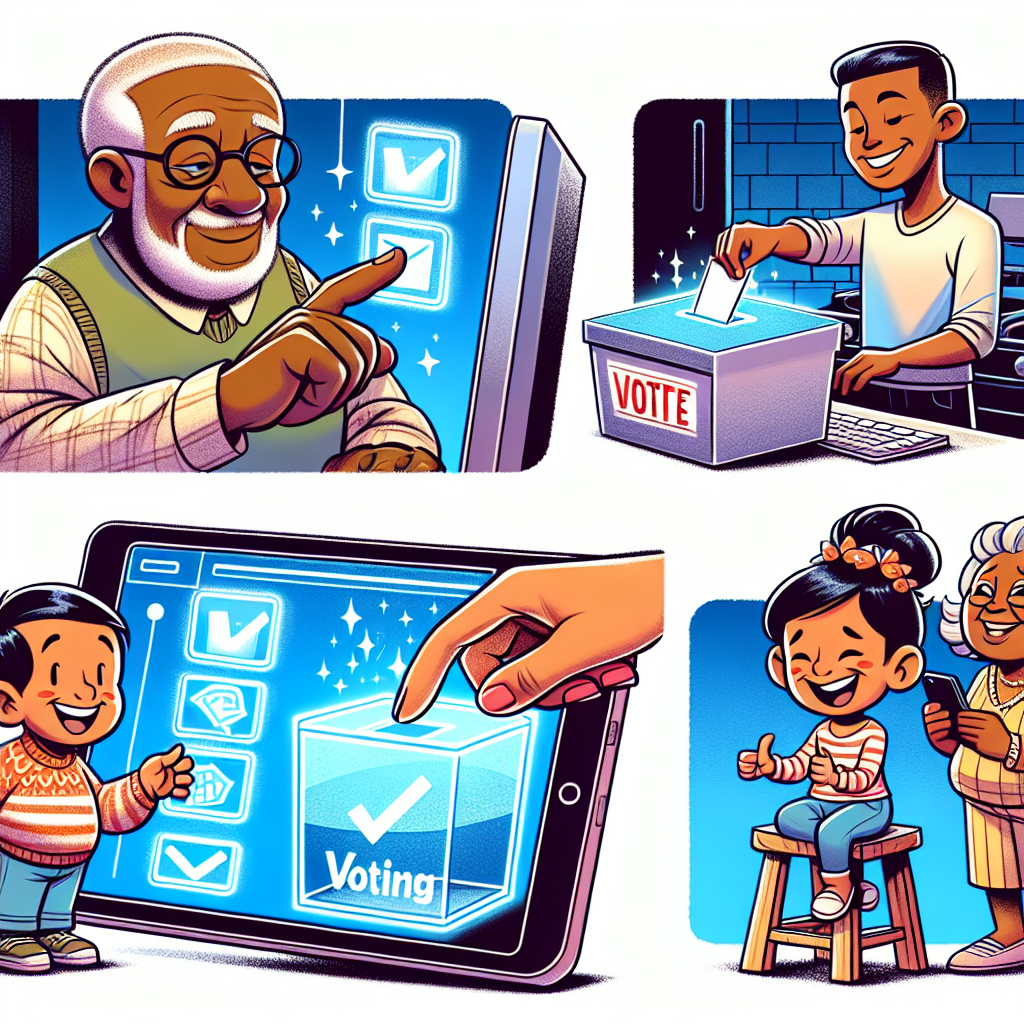UK Youth Voting Wave: Revamping Democracy for 16 & 17-Year-Olds
The UK government plans to lower the voting age to 16 for all elections, aiming to foster public trust and align with devolved regions. This change, requiring parliamentary approval, faces both support and criticism. It aims to engage youth civically and address foreign interference in political donations.

The British government has announced a significant reform to its democratic system, intending to grant 16 and 17-year-olds the right to vote in all UK elections. This reform aims to standardize voting rights with those in Scotland and Wales and to increase public trust in democracy.
Prime Minister Keir Starmer, who advocated for this policy during his campaign, argues that if young people contribute by working and paying taxes, they should have a say in governmental decisions. Some European countries have similarly lowered the voting age, allowing citizens to begin voting at 16. Parliamentary approval is required to enact this policy, yet it is expected to pass, given Starmer's majority.
The proposed policy, however, faces criticism from Conservative circles, claiming it lacks thorough consultation and creates inconsistencies, such as allowing voting rights but not permitting 16-year-olds to marry or serve in the military. Research from abroad suggests the lowered voting age could foster lifelong voting habits. In parallel, the UK government plans to implement stricter rules on political donations to combat foreign interference.
(With inputs from agencies.)
ALSO READ
In India, democracy is not just a political system. For us, it is a way of life: PM Modi to Joint Assembly of Parliament of Trinidad & Tobago.
Austria’s First State Visit to SA Deepens Trade, Democracy, and Global Unity
Bihar's Battle for Democracy: Voter Rights at Stake
Accurate electoral rolls inevitable for strengthening democracy: CEC amid oppn's criticism of special revision of Bihar voters' list.
Opposition Walks Out: Accusations of Democracy Undermined in Goa Legislative Assembly










